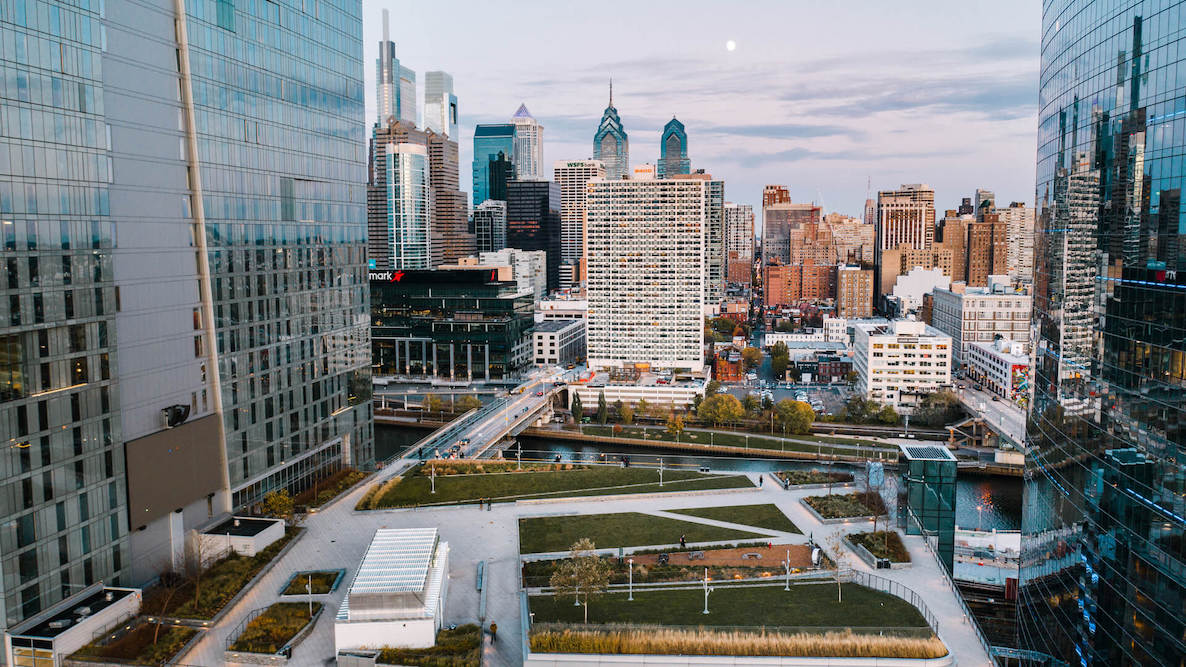Our poorest big city in America is rich in universities, nonprofits and business and professional firms that have remained largely on the sidelines as the city has suffered crises in public safety, affordable housing, school facilities and basic services. Job Number One for the incoming mayor and their leadership team should be to engage these valuable resources in finding solutions to reverse the decline.
1. Public safety
A new mayor needs to identify partners with expertise in community violence prevention to assess what grassroots groups have the capacity to use that knowledge in neighborhood-based programming. The City cannot afford to spend $8 million administering another $13 million in grants to community-based organizations, some with no staff, offices, budgets or data — but plenty of letters of support from Councilmembers and state legislators.
Tax dollars must fund what works. If there are credible grassroots groups with positive track records in keeping kids safe and preventing violence, but minimal administrative and budget experience, let the City assign them an established business, academic or nonprofit partner to ensure the funds are spent appropriately and data tracks outcomes.
2. Affordable housing
The Division of Housing and Community Development should partner with the nonprofit Reinvestment Fund and private real estate developers to recruit sponsors to build affordable housing on City-owned land who will accept Section 8 vouchers, provide ownership opportunities to eligible households, and provide supports to resident families and individuals who can benefit from financial counseling and access to public benefits and resources. Paying more than 30 percent of income on housing, as too many Philadelphia households do, is a virtual guarantee of financial stress. And since the most affordable home is likely to be the one you already live in, the mayor must ensure that large amounts of grants and loans are available for preservation and basic systems improvements in existing homes.
3. Safe and modern schools
The mayor should approach builders, construction managers and the building trade unions to upgrade all schools that have both the greatest facilities challenges and stable staff and leadership, improving academic performance and positive climate and culture. These are the schools that should be immediately repaired with air conditioning, solar panels and green roofs, so they can operate year-round and are prepared to welcome by August 2025 students from schools that will be closed due to sharp enrollment decline, persistently low academic performance, disruption and staff turnover.
4. Employment
The most direct route out of poverty is a job that pays a family-sustaining wage. After years of “workforce development” programs long on promises and short on long-term, good paying jobs, we need to expand effective models and discontinue the less effective ones. In the former category: the West Philadelphia Skills Initiative, which has effectively matched trainees to good jobs with career growth prospects. And we need to evaluate the career programs at Community College of Philadelphia to assess how effectively they are responding to local needs in high demand fields such as information technology, early childhood education, law enforcement, building inspection, and life sciences.
5. Basic services
The mayor should identify private sector experts who can work with City employees to redraw trash and recycling routes, figure out how to fix potholes more durably and quickly, and fill 90 percent of City jobs (now only 60 percent filled) by the time the next budget is presented to City Council. Basic services are labor intensive. Waiting a year to fill a vacancy wreaks havoc for both neighborhoods and employees. The efforts of too many devoted municipal employees should not be undercut by dysfunctional systems that work against effectiveness.
It’s time for the mayoral candidates to tell us how they will engage valuable civic assets in addressing municipal needs before the City and School District are increasingly depopulated. This election comes as a crossroads for determining whether we reverse our downward spiral or reclaim the energy, optimism and progress of earlier decades under activist mayors.
Debra Weiner spent 45 years working in public education advocacy for high school reform, college prep, board accountability and early learning. The Citizen welcomes guest commentary from community members who represent that it is their own work and their own opinion based on true facts that they know firsthand.
![]()
MORE OPINIONS ON THE 2023 MAYOR’S RACE



